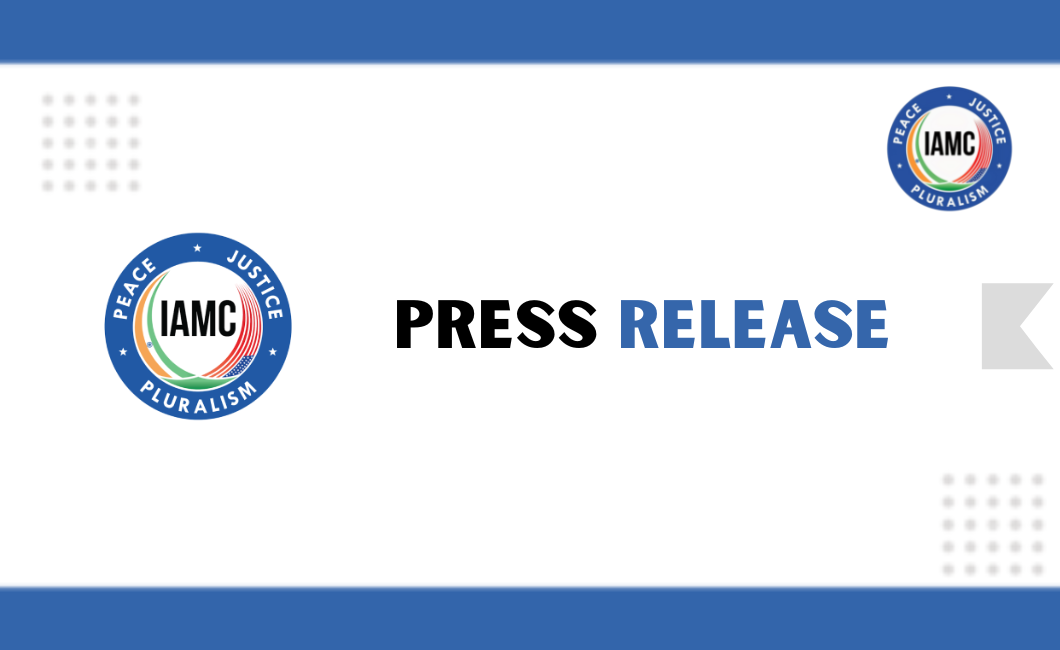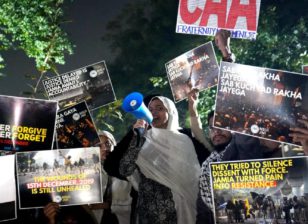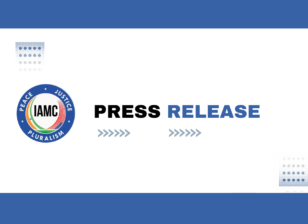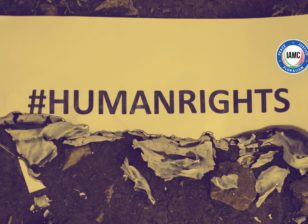Indian Americans decry denial of bail to Umar Khalid, other activists as a grave miscarriage of justice
Media contact: Safa Ahmed, media.info@iamc.com
Washington DC, (September 3, 2025) — The Indian American Muslim Council (IAMC) is deeply alarmed by the latest Delhi High Court’s decision to deny bail to Umar Khalid, Sharjeel Imam, and seven other activists falsely implicated in the February 2020 Delhi violence. These activists have now spent five years in prison without trial, a reality that underscores the profound erosion of due process and democratic freedoms in India under Prime Minister Narendra Modi’s decade long rule.
“This ruling represents a grave miscarriage of justice,” said IAMC President Mohammad Jawaad. “It perpetuates a pattern in which the Indian state weaponizes laws such as the Unlawful Activities (Prevention) Act (UAPA) to punish dissent and silence voices of Muslim students, activists, and community leaders. The denial of bail after half a decade of incarceration without trial is not only inconsistent with India’s constitutional guarantees of liberty and fair trial, it also violates the most basic principles of international human rights law,” he added.
This decision is not an isolated judicial act but part of a broader and troubling pattern. Instead of protecting the constitutional rights of citizens to speak, assemble, and protest, the state has transformed the judicial process into a tool of punishment, keeping activists behind bars on tenuous conspiracy allegations that have yet to be tested in court.
The individuals named in this case were central figures in the peaceful protests against the Citizenship Amendment Act (CAA), a law that itself has been widely criticized for discriminating against Muslims. To conflate their activism with a “larger conspiracy” to incite riots is to rewrite history and vilify a democratic movement.
After five years of incarceration without trial, the presumption of innocence has been hollowed out, and pre-trial detention has become punishment by another name. Such prolonged imprisonment, without the opportunity to defend oneself in a court of law, violates not only India’s constitutional guarantees but also its obligations under international human rights law, including the right to liberty, freedom of expression, and a fair and speedy trial.
The denial of bail at this juncture further erodes public trust in the independence of India’s judiciary.
“Justice delayed is justice denied, and in this case, justice has been deliberately obstructed. The targeting of Muslim activists under the guise of maintaining law and order serves only to deepen communal divides, criminalize dissent, and delegitimize democratic participation,” said IAMC Executive Director Rasheed Ahmed.
We call upon the Supreme Court of India to urgently intervene and correct this grave wrong. The Court must grant bail to those who have been unjustly imprisoned, ensure that trials proceed without further delay, and reaffirm the fundamental principle that no individual should be deprived of liberty indefinitely without conviction. The Supreme Court must also send an unambiguous signal that India’s legal system cannot be used to harass and silence dissenting voices, and that peaceful protest remains a protected and essential cornerstone of democracy.




